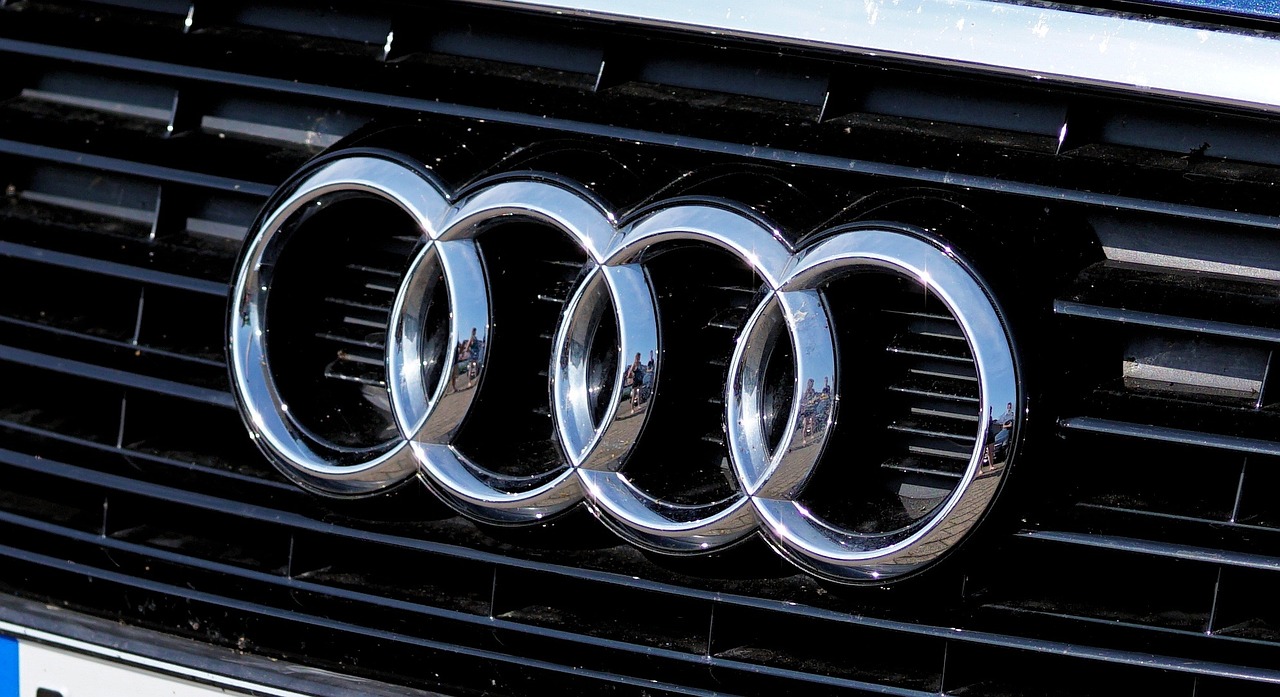
Qatar’s longstanding ambition to host a Formula 1 race is creeping closer to being realized, according to the head of its motor sports federation.
This follows recent media reports that Qatar is partnering with RSE Ventures, the owners of the American football team the Miami Dolphins, to buy a controlling 35.5 stake in the holding company that owns F1.
Qatar has been attempting for some time to secure a slot in the Grand Prix calendar, however its attempts in late 2014 and earlier this year appeared to have stalled when the head of the F1 group indicated he wasn’t looking to add another race to the region.
‘Need more time’
Nevertheless, in a new media interview, Nasser bin Khalifa Al Attiyah – the president of the Qatar Motor and Motorcycle Federation – was upbeat about Qatar’s chances about landing a place, suggesting that the deal is close to being finalized:
“Recently, we were very close to signing an agreement to host an F1 race. The entire project is ready. But some things didn’t work out and we need to show a little more patience.
“All we need is a few more meetings with (F1 CEO) Bernie Ecclestone. We need a little more time, but we’ve the solution,” Al Attiyah told Doha Stadium Plus.
For more than three years, Al Attiyah has publicly said he wants to attract event to Qatar. The plan would be to host the race at Losail International Circuit or on a street circuit around nearby Lusail city.
The 3.375-mile track there was constructed in 2004 at a cost of between $60 million and $75 million, and would need little in the way of alternation for it to meet the requirements to hold F1 races.
“Either we can use the existing circuit or else we’ll go for a new facility in Losail City. We’ve a lot of projects coming up and we’re ready for anything. We want to build a strong motor sport culture in the region,” DSP quotes Al Attiyah as saying.
Qatar will host motorcycle races MotoGP until at least 2026, after Al Attiyah confirmed last month that the contract with promoters Dorna Sports had been extended for another 10 years. It had been due to expire at the end of 2016, Reuters reported.
Losail has hosted MotoGP since 2007, and also has GP2 and other rallies and endurance races at its track.
If Qatar did win the rights to host F1, it would be the third Gulf city on the calendar after Bahrain and Abu Dhabi.

Late last year, then again in April this year, Ecclestone downplayed Qatar’s chances. He revealed that Bahrain, the first Gulf state to host an F1 race, had veto rights over the addition of other competitions in the region.
Talking about Qatar’s attempts to join, Ecclestone said in December last year: “I put the people together and said ‘Can you sort this out between you?’ and they haven’t managed to do it.”
Building soft power
In recent years, Qatar has been working to advance its international profile and reputation as a global sporting hub by bidding for – and in some cases winning the rights – the rights to host major events.

In addition to the World Cup in 2022, it will also hold the World Athletics Championships in 2019, which is the globe’s biggest athletics event.
But why should a small, desert Gulf state with a national population of only around 300,000 be so keen to attract such international tournaments to its soil?
Paul Brannagan, a lecturer in Sports Politics at the University of Birmingham in the UK told Doha News that it was a strategic move to win power, influence and recognition regionally and globally.
“All of Qatar’s sporting objective are based on soft power – if I can attract you, you will follow me and look to me for leadership. It’s another way of being able to punch above its weight politically and diplomatically.
“If you can hold successful international sporting events that ‘wow’ the public, it significantly raises your power and control in a non-violent way. It also improves your ‘brand awareness.’ More people know who you are and what you do,” he said.
Brannagan said Qatar’s bid to host F1 was a “shrewd move.” It’s a sporting event that would particularly appeal to its younger national population, many of whom are car enthusiasts and might be encouraged to turn up to watch the races in person.
Qatar has previously been criticized for paying workers to attend football matches and other sporting events, to fill seats in near-empty stadiums.
“Local youths who go to the circuit to watch F1 might get a taste for live events and be encouraged to go to other sports tournaments,” he added.
There is also a lot of money potentially to be made off the back of F1.
“F1 is great for sponsorship and advertising – more than any other sport. There could be leverage there for other organizations like Qatar Foundation to get involved and brand themselves,” Brannagan added.
Thoughts?







